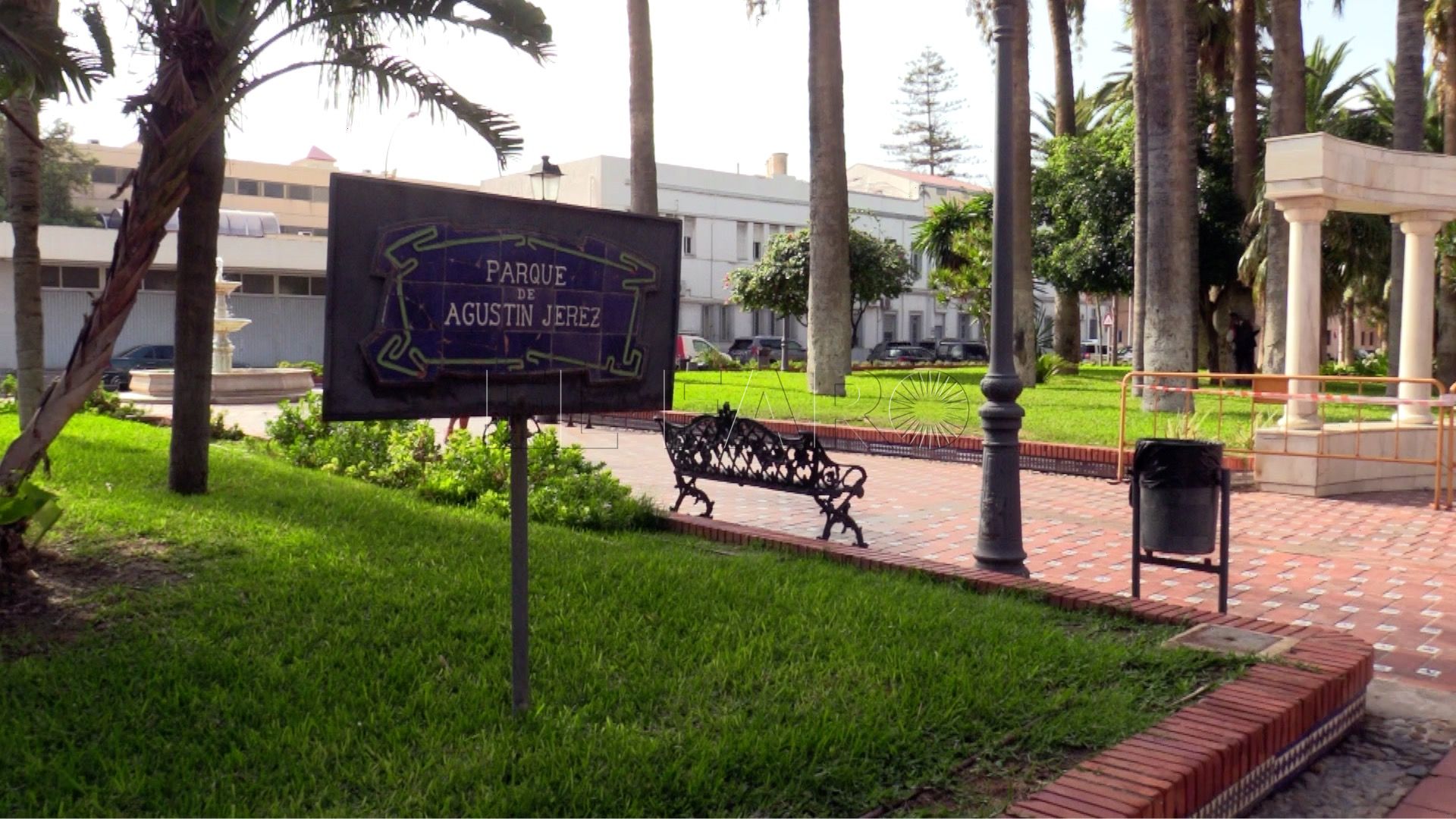Chinese researchers have begun experiments to reproduce 12,000 seeds grown in space aboard the manned Shenzhou-13 spacecraft for six months.
The seeds, which include alfalfa, oats and mushrooms, were selected by several research institutions last year and carried into space and returned to Earth by Shenzhou-13, which landed on April 16.
Space breeding refers to the process of exposing seeds to cosmic radiation and microgravity during a spaceflight mission to mutate their genes and then return them to the planet to spawn new species.
Space operation tests were conducted on all flights during the verification phase of the core technology of the Chinese space station project. Thousands of crop seeds and microorganisms from 88 organizations have been flown into space and returned to Earth by the Shenzhou-12 and Shenzhou-13 spacecraft.
Researchers from M-Grass, a technology company in north China’s Inner Mongolia Autonomous Region, conducted experiments with six herbs aboard the Shenzhou-13. This is the second time the company has sent seeds into space, after the return of mutations of grass species with the Chang’e-5 moon probe in 2020.
After more targeted selection and planting, the superior seed varieties will be used for ecological restoration and urban landscape construction, said Liu Siyang, the company’s chief researcher.
On October 16, 2021, the Shenzhou-13 mission transported three astronauts to the core unit of the Chinese space station for a six-month period, the longest to date under the country’s manned space program. Crew members completed several trials during the mission.
VTV / MQ / JMP





